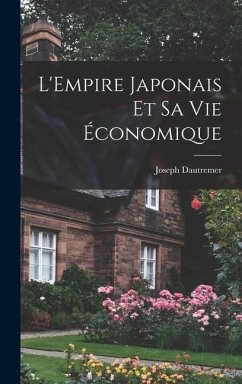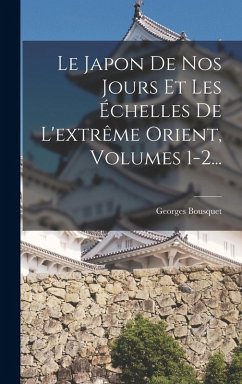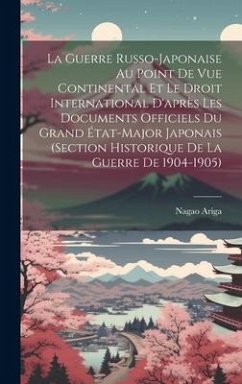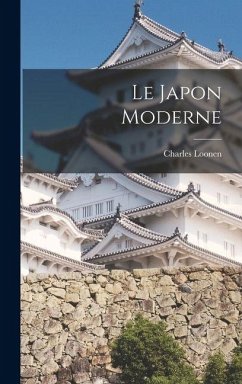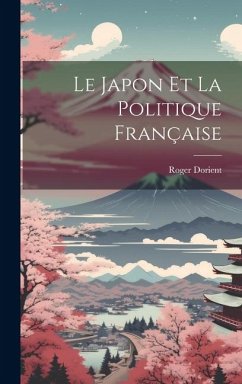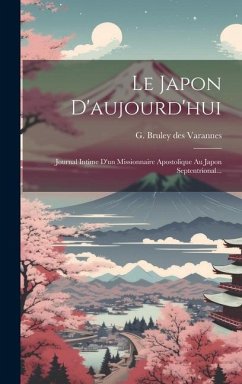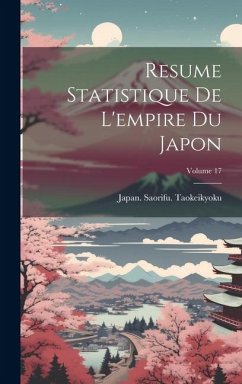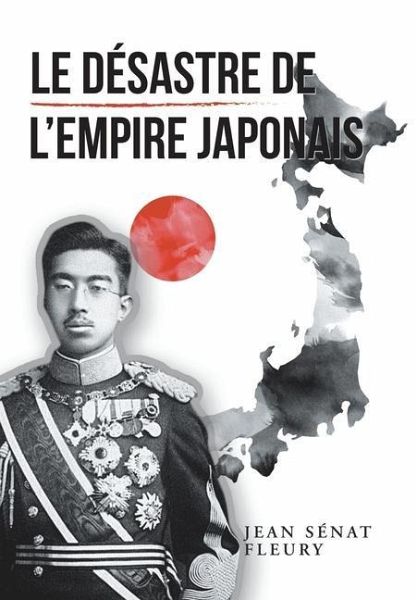
Le Désastre De L'Empire Japonais
Versandkostenfrei!
Versandfertig in über 4 Wochen
37,99 €
inkl. MwSt.
Weitere Ausgaben:

PAYBACK Punkte
19 °P sammeln!
Fille d'un vétéran de l'armée américaine qui a combattu sur le front européen pendant la Seconde Guerre mondiale, je félicite mon ami Jean Sénat Fleury pour la publication de son livre Le Désastre de L'Empire du Japon. L'ouvrage si bien documenté montre au monde le dur combat que les États-Unis et d'autres pays ont mené contre le Japon pour préserver notre liberté aujourd'hui. Le contenu du livre est éclairant et fascinant, un superbe récit de l'évolution de notre ordre mondial. Professeur Ginny Greiman - Expert en droit international et en développement économique, professeu...
Fille d'un vétéran de l'armée américaine qui a combattu sur le front européen pendant la Seconde Guerre mondiale, je félicite mon ami Jean Sénat Fleury pour la publication de son livre Le Désastre de L'Empire du Japon. L'ouvrage si bien documenté montre au monde le dur combat que les États-Unis et d'autres pays ont mené contre le Japon pour préserver notre liberté aujourd'hui. Le contenu du livre est éclairant et fascinant, un superbe récit de l'évolution de notre ordre mondial. Professeur Ginny Greiman - Expert en droit international et en développement économique, professeur Greiman a été diplomate au département d'État américain et à l'Agence américaine pour le développement international en Europe centrale et orientale, en Asie et Afrique.





